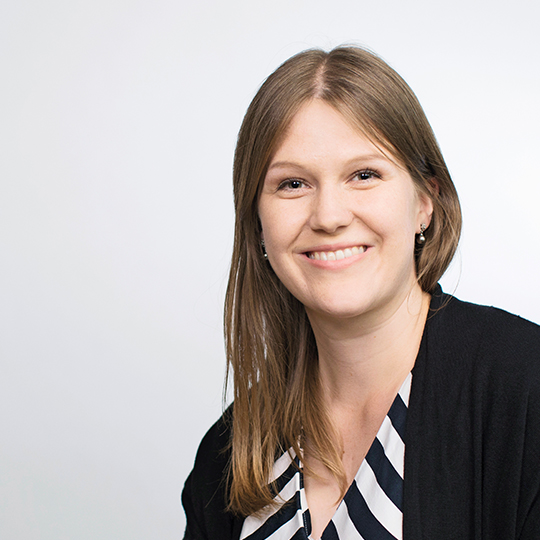We have been integrating a wide range of technologies into our lives for several decades. The car with automatic distance meter and parking aid, the mobile phone with hundreds of apps, lawn mower and vacuum cleaner robots, Siri, Alexa, free WLAN access everywhere.
For many of us this is already commonplace. But if you use such technologies in the nursing and health care sector, most people feel anxious. How is that possible?
Taking advantage of technology
It is the fear of robots taking over, the lack of sensitivity and empathy of electronics and the visions of American movies that make us uncomfortable. At the same time, the technology can be a relief for existing processes. Robotic arms have long since hit the vein for taking blood a hundred times better than the regular trainee doctor.
For many years now, large companies have had hospital beds on the market that measure the pulse, blood pressure, weight and respiratory rate without cables through the mattress, and automatically perform patient repositioning without a nurse getting a prolapsed disc. In Japan, the new generation of surgical robots removes brain tumors down to the micromillimeter range and is much more efficient than humans and the human eye.
Relief in everyday life
As part of a hospital project in Tyrol, people with blood pressure problems were given a tablet that was connected to the sphygmomanometer. If the measured values were poor, the device sent a message with the values to a qualified nurse who contacted the person in the shortest possible time. In the case of dangerous values, a doctor was also consulted immediately.
For the patient this meant no endless waiting times in the hospital, no trip to another valley, because the blood pressure was not quite within the normal range. The quality of life increased considerably as a result. In Europe, this is only one of thousands of projects that have taken healthcare to a new level.
In hospitals (acute care), these technologies will make life easier. Other areas, such as palliative and hospice care, however, clearly have different values.
The human factor will continue to play an important role in health care and is an indispensable part of our lives. As always, the scale of things is decisive for a positive and efficient interaction between man and machine.
Study General Nursing
What is so special about studying in the field of general nursing? Programme director Markus Golla emphasises: " I only know a few professions and fields of study that offer such a variety of options after graduation as general nursing. Graduates have the opportunity to actively accompany, advise, research, develop, lead or teach people in extraordinary life situations".
The application for our German-language bachelor degree programme in General Nursing is currently still possible.
Original source:NÖN





